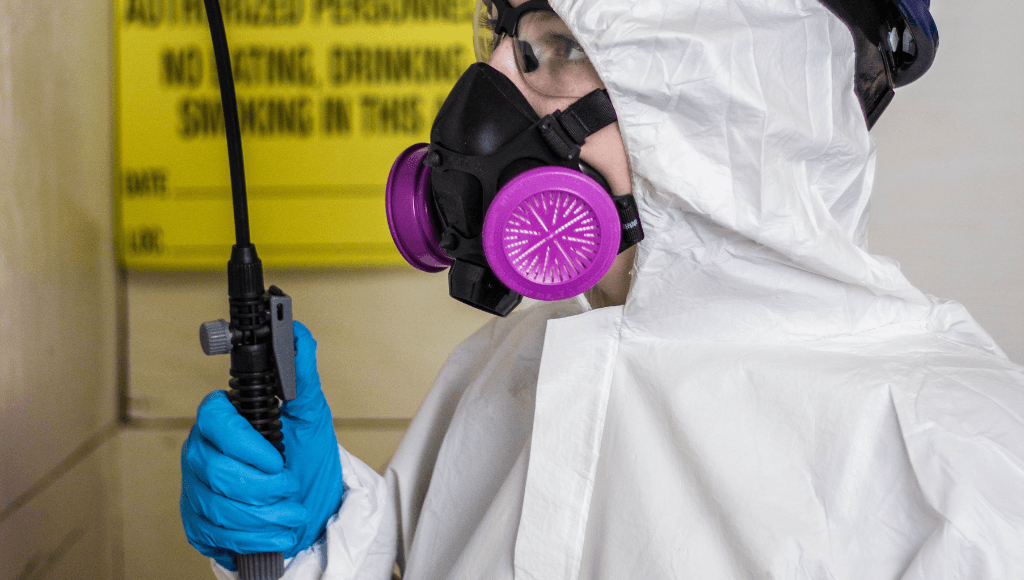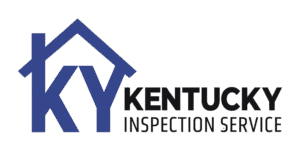Get a Free Quote Today!
Make an Appointment Today
Service
What Is Lead Paint Testing and Lead Based Paint Inspection?
Lead paint testing involves professional sampling and laboratory analysis to identify lead-based paint in your home. Lead based paint inspection determines where lead paint is present, its condition, and the risk it poses to your family, especially children under 6 years old.
Here’s what that means for you: You’ll know exactly where lead paint exists in your home so you can handle renovation safely and protect your children from lead poisoning.

What We Test During Your Lead Paint Inspection

Lead Based Paint Testing Throughout Your Home
- Interior walls, trim, doors, and window frames
- Exterior siding, trim, porches, and railings
- Kitchen and bathroom cabinets and built-ins
- Stairs, banisters, and architectural details

Lead Paint Hazard Assessment and Risk Evaluation
- Deteriorating lead paint and lead dust hazards
- Friction surfaces like windows and doors
- Impact surfaces and chewable lead paint areas
- Lead paint accessibility to children and risk levels

Pre-Renovation Lead Paint Survey
- EPA RRP (Renovation, Repair, Painting) compliance testing
- Contractor notification and safety requirements
- Lead-safe work practice planning and coordination
- Containment and cleanup requirement assessment

Lead Dust and Soil Testing
- Lead dust sampling on floors, windowsills, and surfaces
- Exterior soil testing for lead contamination
- Post-renovation clearance testing and verification
- Environmental lead exposure assessment
Professional Lead Paint Testing Near Me in Kentucky & Ohio
Older Homes Commonly Contain Lead Paint
Most homes built before 1978 in Kentucky and Ohio contain lead-based paint. Professional testing identifies lead paint before renovation creates dangerous lead dust.
Children Are Most Vulnerable to Lead Exposure
Children under 6 are especially susceptible to lead poisoning, which can cause learning disabilities, behavioral problems, and developmental delays.
EPA Regulations Require Lead Testing
Federal EPA RRP rules require lead testing before renovation in homes built before 1978. Professional testing ensures compliance and protects your family.
What You Get with Your Lead Paint Testing
Laboratory Lead Analysis and Documentation
- Professional laboratory analysis of paint chip samples
- Detailed lead concentration measurements and locations
- Written report suitable for contractors and EPA compliance
- Documentation for renovation planning and safety measures
Lead Hazard Risk Assessment and Safety Planning
- Assessment of lead paint condition and deterioration
- Child safety recommendations and lead poisoning prevention
- Priority areas requiring immediate attention or containment
- Lead-safe renovation planning and contractor guidance
EPA RRP Compliance and Contractor Coordination
- EPA Renovation, Repair, Painting rule compliance documentation
- Lead-safe certified contractor referrals and requirements
- Pre-renovation notification and safety planning
- Post-renovation clearance testing coordination

Who Needs Lead Paint Testing and Inspection?
Parents with Young Children in Older Homes
Families with children under 6 living in homes built before 1978 need lead testing to identify and manage lead paint hazards safely.
Homeowners Planning Renovation Projects
Any renovation involving homes built before 1978 requires lead testing under EPA RRP rules to ensure lead-safe work practices.
Home Buyers Purchasing Pre-1978 Properties
Buyers of older homes need lead paint testing to understand health risks, disclosure requirements, and renovation considerations.
Rental Property Owners and Landlords
Property owners renting to families with children must disclose lead paint hazards and may need lead testing and risk assessments.
Understanding Lead Paint Health Risks and Safety
How Lead Paint Becomes Dangerous
- Deteriorating paint creating lead dust and chips
- Renovation activities that disturb lead paint
- Children chewing on painted surfaces
- Lead dust contamination on hands and toys
Lead-Safe Practices and Prevention
- Regular cleaning to reduce lead dust
- Proper nutrition to reduce lead absorption
- Lead-safe renovation and maintenance practices
- Professional lead paint management and removal
Lead Poisoning Health Effects in Children
- Learning disabilities and reduced IQ
- Attention and behavioral problems
- Delayed growth and development
- Hearing problems and speech delays
Adult Lead Exposure Health Risks
- High blood pressure and cardiovascular problems
- Kidney damage and reproductive issues
- Neurological problems and memory loss
- Increased risk during pregnancy
Lead-Safe Renovation and Management Options

Lead Paint Encapsulation
- Sealing intact lead paint with specialized coatings
- Less expensive than complete lead paint removal
- Suitable for stable lead paint in good condition
- Requires ongoing monitoring and maintenance
Professional Lead Paint Removal
- Complete removal by certified lead abatement contractors
- Most expensive but permanent solution
- Required for severely deteriorated lead paint
- Extensive containment and cleanup procedures
Lead-Safe Renovation Practices
- Containment and dust control during renovation
- HEPA vacuum cleanup and disposal procedures
- Worker protection and family safety measures
- Post-renovation clearance testing verification
EPA RRP Rules and Lead Paint Regulations
Federal EPA RRP Requirements
- Lead testing required before renovation in pre-1978 homes
- Lead-safe certified contractors for renovation work
- Containment and cleanup requirements for lead work
- Pre-renovation notification and documentation
Lead Paint Disclosure Requirements
- Sellers must disclose known lead paint hazards
- Real estate agents must provide EPA lead information
- Buyers have right to lead inspection period
- Rental properties require lead hazard disclosure
State and Local Lead Regulations
- Kentucky and Ohio lead paint regulations
- Contractor certification and licensing requirements
- Child protection and lead poisoning prevention
- Public health reporting and intervention programs

Common Lead Paint Locations in Kentucky & Ohio Homes
High-Risk Lead Paint Areas
- Window frames, sills, and trim (highest lead levels)
- Exterior doors, frames, and porches
- Stair railings, banisters, and spindles
- Kitchen and bathroom cabinets and trim
Friction and Impact Surfaces
- Windows that open and close frequently
- Doors and door frames with wear patterns
- Stair treads and high-traffic areas
- Porch floors and exterior walking surfaces
Exterior Lead Paint Locations
- Wood siding and exterior trim
- Porch railings and decorative elements
- Exterior doors and window shutters
- Garage doors and outbuilding surfaces
Interior Architectural Details
- Crown molding and decorative trim
- Built-in cabinets and bookcases
- Fireplace mantels and surrounds
- Radiators and heating system components
Lead Paint Testing and Inspection Process
Schedule Your Lead Paint Assessment
We’ll discuss your home’s age, planned renovations, family situation, and specific concerns about potential lead paint hazards.
Comprehensive Lead Paint Survey
I’ll systematically examine painted surfaces throughout your home, focusing on areas most likely to contain lead paint and pose risks.
Professional Lead Paint Sampling
Paint samples get collected using EPA-approved methods and sent to certified laboratories for lead content analysis.
Laboratory Analysis and Lead Content Results
Samples undergo atomic absorption analysis to determine lead concentrations, with results typically available in 3-5 days.
Lead Hazard Assessment and Safety Recommendations
You’ll receive detailed results with risk assessment, safety recommendations, and guidance for lead-safe renovation or management.
Ready to Protect Your Family from Lead Paint Hazards?
Don’t risk your children’s health with unknown lead paint. Professional testing provides the knowledge you need for safe living and renovation.
Frequently Asked Questions
How much does lead paint testing cost?
Lead paint testing typically costs $300-600 depending on home size and number of samples. This investment protects your family from serious health risks.
When was lead paint banned in homes?
Lead paint was banned for residential use in 1978. Homes built before 1978 are presumed to contain lead paint unless testing proves otherwise.
What if lead paint testing finds lead in my home?
I’ll help you understand the health risks, safe management options, and connect you with certified lead professionals for removal or encapsulation.
Can I renovate my home if it contains lead paint?
Yes, but lead paint requires special handling under EPA RRP rules. Lead-safe certified contractors must perform most renovation work.
Do I need lead testing for small renovation projects?
EPA RRP rules apply to most renovation projects in pre-1978 homes, regardless of size. Even small projects can create dangerous lead dust.
